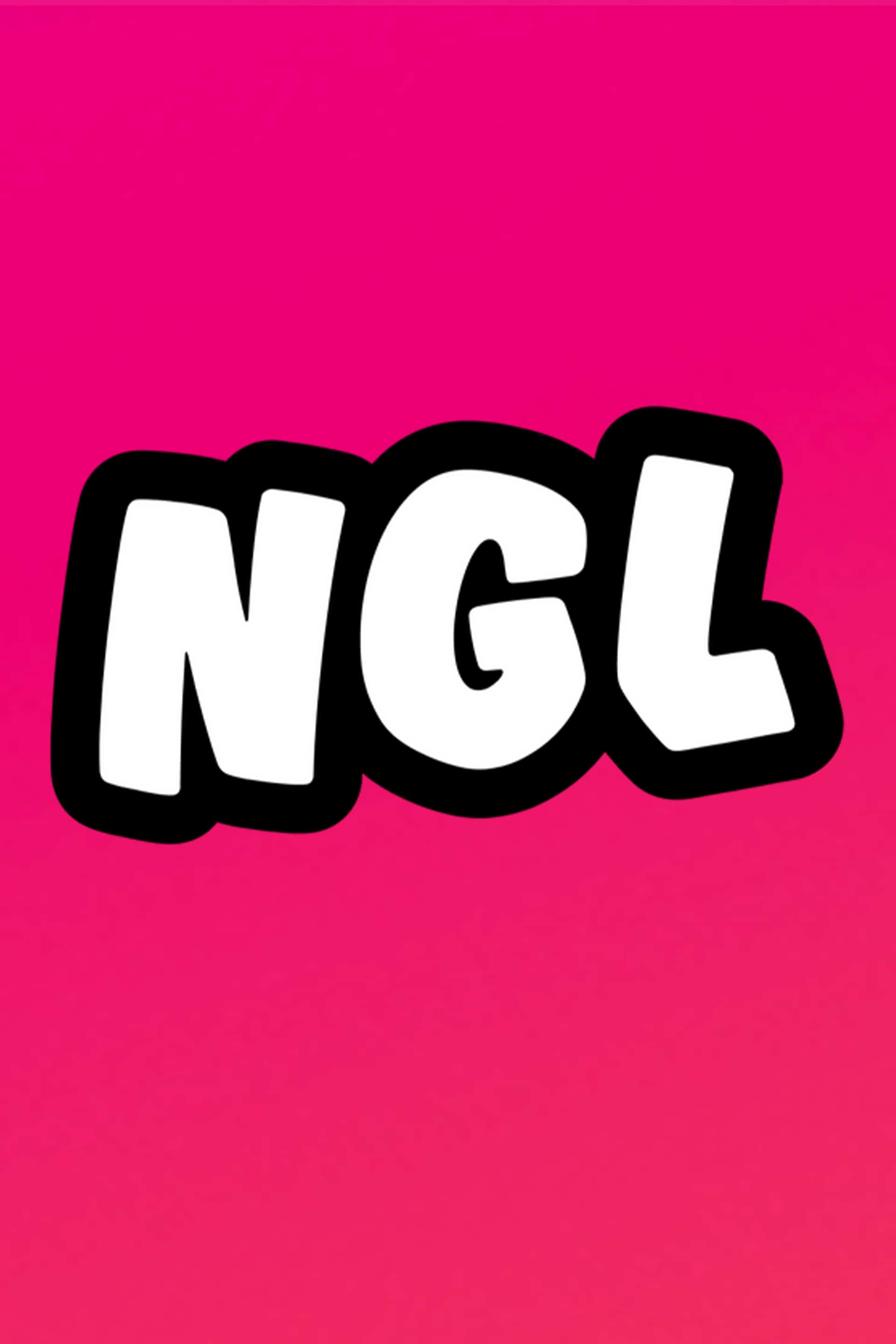Influencer Emma Sheldon made national news this week after sharing her experience of trolling at a Parliament hearing about a new Online Safety Bill. According to the government, the bill aspires to “make the UK the safest place in the world to be online” and if CORQ’s research is anything to go by, this is sorely needed as abuse of influencers has rapidly escalated since the start of the pandemic.
The increased focus on social platforms as sources of entertainment thanks to lockdown after lockdown has led to a worrying toxic culture in which many influencers’ audiences have chosen to police their content rather than enjoy it.
Those breaking lockdown restrictions have been called out by their followers and audience revolts have quickly snowballed. Just ask YouTuber Madison Sarah who had to shut down her channel for weeks when she broke coronavirus rules.
Then there are influencers with growing positive mainstream profiles who are the subject of intense online hate. Google Grace Beverley and you will be overwhelmed by articles praising her entrepreneurialism and business acumen. However on TikTok and Instagram you’ll find acerbic takedowns of her company Tala, her attitude towards work and the quality of her products. Not only that, but there is at least one account set up purely to drive negative conversation about her.
You may also like
Influencers witness a surge in trolling during lockdown
Vicious influencer trolling has intensified throughout the pandemic, but it’s not a new phenomenon. Ahead of chairing a panel at Adweek in 2019, two influencers and I were chatting idly when one broke off the conversation to gesture at the stage and say: “I can’t go on until the plastic bottles of water are removed.” I was incredulous – was it really such a big deal? She revealed that a picture of her sitting next to single use plastic was enough to trigger her audience.
Then there’s Clemmie Hooper, the influencer formerly known as Mother of Daughters and possibly the most scandalous troll of them all. She herself was – in my opinion – traumatised by intense trolling before she got sucked into becoming one on notorious influencer troll chatroom Tattle Life and when I interviewed her for my book she noted the process of publishing to her community was losing its joy.
“Sometimes the way people speak to you – you’d think you’d killed someone,” she told me in 2019. “People can be offended by absolutely nothing. For the past year, I’ve been trying to second guess people and by the time I write and publish a post, I just want to delete it.”
The catalyst behind influencer trolling
But what is the catalyst behind influencer audiences increasingly transforming into troll-focused mobs? There are two drivers. Firstly, the rapid commercialisation of influencer platforms through sponsored content and partnerships has turned the influencer/ audience dynamic sour. What was once a friendship is now a business arrangement and many followers are not okay with that. The influencer can’t do their job without payment but their sponsored posts become troll magnets, so what then?
Secondly, people’s expectations of influencers are unrealistic. An influencer making a mistake or putting a foot wrong can set off trolls for weeks and damage the influencer’s brand permanently. The internet never forgets. Yes, influencers’ content may depict an enviable lifestyle but the landscape in which they document this is becoming increasingly hostile. It’s a significant problem for this emergent industry and one we must solve if we want the sector’s growth to continue.
By Sara McCorquodale, CEO of CORQ. Picture credit: Emma Sheldon via Instagram.










As the Online Safety Bill is put on hold, influencers and MPs react